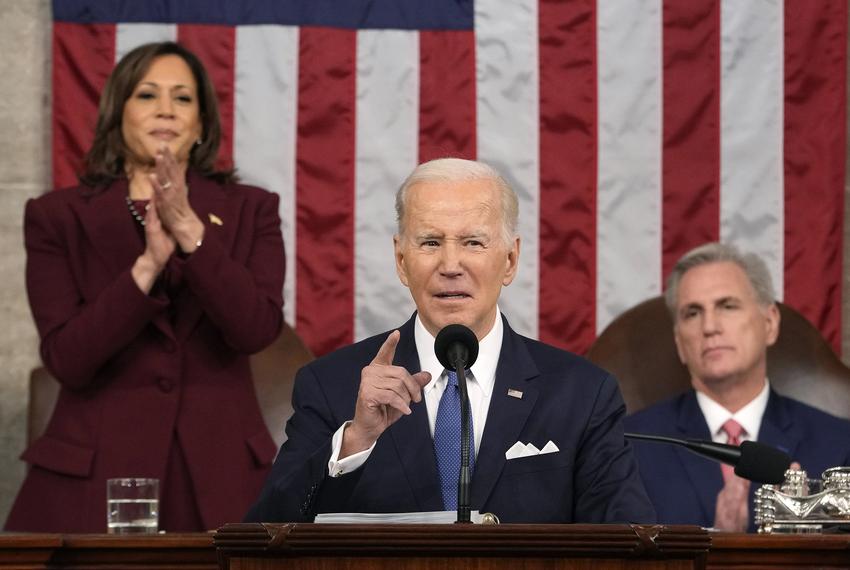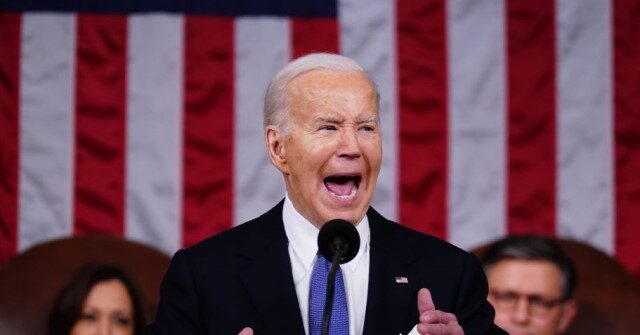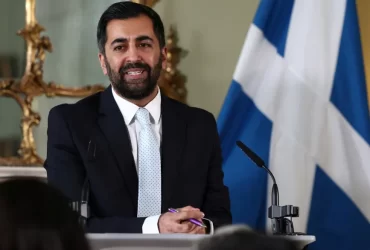House Majority Whip Representative Tom Emmer (R-MN) raised concerns over the overtly political nature of President Joe Biden’s recent State of the Union address, suggesting it may have eroded the longstanding tradition of presidents being invited to deliver the annual speech before the House chamber.
Emmer, a Republican who has endorsed former President Donald Trump, expressed doubts about extending an invitation to Biden for next year’s State of the Union address should he win reelection. In an interview with Axios published on Sunday, Emmer criticized Biden’s address as one of the most divisive, indicating a reluctance among House Republicans to welcome him back for another speech.
The possibility of not inviting presidents from opposing parties to give the State of the Union address could set a precedent for future administrations, creating further division in already polarized government settings.
During Biden’s speech, he repeatedly targeted Trump, referring to him as “my predecessor” while outlining a left-leaning agenda that included tax hikes, increased spending, radical immigration policies, and even proposals for military involvement in Gaza for humanitarian purposes. Biden’s frequent attacks on Republicans in the chamber further fueled partisan tensions.

Emmer’s concerns extend beyond Biden’s current presidency, suggesting that Congress should reconsider the tradition of inviting presidents to deliver such speeches altogether. He pointed out that throughout much of U.S. history, presidents did not address Congress in person, with Woodrow Wilson being the first to do so in 1913.
Quoting historical context from the George W. Bush administration’s White House website, Emmer highlighted the varying approaches presidents have taken in delivering their annual messages to Congress. He suggested a return to the model where presidents provide written messages rather than delivering speeches in person, particularly given Biden’s departure from the traditional State of the Union format.
While acknowledging that Biden would not be president next year, Emmer emphasized the need to reassess the practice of issuing invitations for the State of the Union if it deviates from its intended purpose. He characterized Biden’s address as more of a campaign speech than a genuine State of the Union, signaling a need for reform in how such updates are presented to Congress.














Leave a Reply